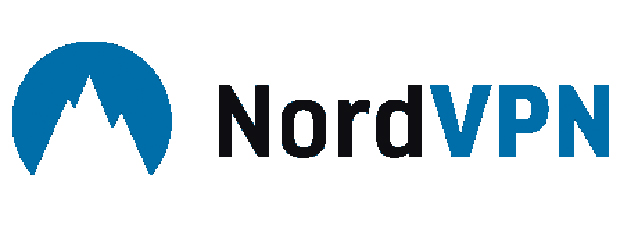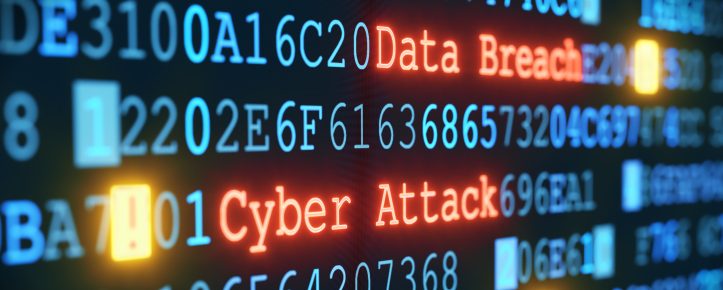The risks associated with using public WiFi hotspots appear to be well understood, but that doesn’t stop the average person from using such access points without appropriate security measures in place.
According to data released by NordVPN from the American Identity Theft Resource Centre (ITRC), 78.5 per cent of people who connect to public Internet hotspots believe there are risks associated with their behaviour. For instance, they understand by connecting to public Internet spots it could lead to identity theft.
Of those who connect to public WiFi, only 26.7 per cent use VPNs to encrypt their traffic and ensure personal data security. NordVPN is a VPN service provider.
The public WiFi usage statistics showed that VPN technology is the preferred method for securing Internet communications of those who actually use some sort of security while using such hotspots. Additionally, 53.1 per cent of those who use security while they’re browsing said they specifically use HTTPS-enabled websites, 44.7 percent indicated usage of firewalls and 35.5 per cent said they make use of antivirus software.
There’s a disparity between the understanding of security issues related to public WiFi hotsposts and the security measures being taken by individuals. According to NordVPN, people’s fears about using public WiFi are perfectly valid, as public WiFi can easily be hacked and personal data can be compromised. Wireless sniffers are one method malicious individuals and groups use to intercept and decode data transmitted over a public WiFi network.
NordVPN recommended using security software, particularly VPNs, whenever individuals are connecting to public Internet access points. It will boost data and application protection, not just for personal data, but also for potentially sensitive corporate data that is more frequently found on mobile devices like smartphones, tablets and notebook computers.


